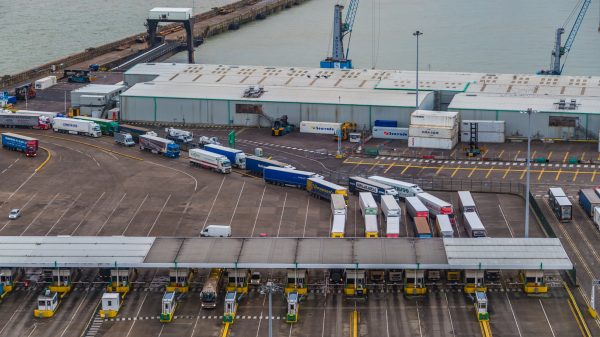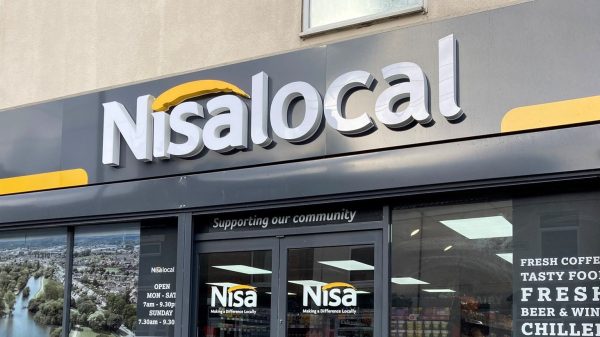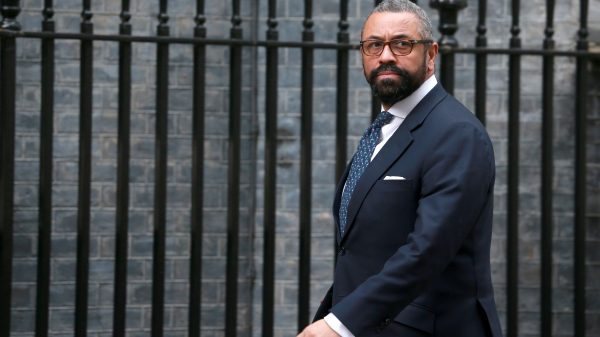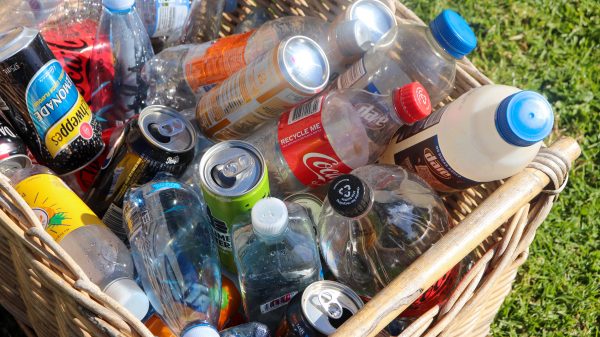The egg farming industry has hit a bit of a rough patch at the moment; supermarket shelves are empty, pack prices are rising and the farming industry is undeniably angry.
Earlier this month, analysis of reported shortages in the supply chain found that shoppers are paying up to 50% more for eggs now than they were at the start of the year, with the largest price rise at Asda, where a six-pack of large free-range eggs is now 51.4% more expensive than it was in January.
While retailers have been focusing on the shorter-term impacts of avian flu, egg producers have blamed ongoing spiralling costs and a general lack of support from buyers.
Figures show that while average egg prices have increased by 45p, only a quarter of that, between 9p to 10p, has been passed on to farmers. This is nowhere near enough to cover the higher costs, as hen feed costs have shot up by around 50% since Russia’s invasion of Ukraine, while fuel bills have soared by 40%.
A third of UK farmers have cut the number of hens in their flock because they could not cover the cost of production, said trade body British Free Range Egg Producers Association (BFREPA), with others ceasing production either temporarily or permanently.
There is no doubt that avian flu – which means that flocks are not allowed to be kept outside – has compounded this issue and caused production costs to skyrocket even further. This means that those farmers who have remained in business are struggling to meet demand, forcing retailers to hike up their prices and ration their supply.
For now, the questions remain; how are supermarkets managing their stock levels, what are farmers doing and, ultimately, how long is rationing likely to last?
Subscribe to Grocery Gazette for free
Sign up here to get the latest grocery and food news each morning
How are supermarkets managing supply?
Tesco, Sainsbury’s, Aldi, Lidl, Asda, Ocado and Marks & Spencer are all limiting how many boxes of eggs each customer can buy – and all are likely to face further egg shortages during the Christmas period.
While these supermarkets are limiting customers to either two or three boxes of eggs each, Waitrose has been able to avoid putting on such restrictions.
“Simply put, we’ve got better availability of eggs thanks to our long-term investment in farmers,” says Waitrose senior agriculture manager, Jake Pickering.
“We don’t chop and change between providers. Instead, we’ve worked with the same egg supplier for over 40 years – delivering value for customers and farmers alike.”
Waitrose has a long history of investing in and working collaboratively with its farmers, which Pickering says: “helps make sure we have a better supply of eggs than some other supermarkets”.
“To make sure we pay fairly, the price we pay for eggs has long been linked to the price of feed, as this is typically the most volatile cost farmers face.”
As the retailer is seeing demand increase, it is continuing to monitor the situation but currently has “no need to impose rationing,” Pickering said.
Meanwhile, Sainsbury’s has been importing eggs from Italy to assist the recovery of egg supplies.
Director of fresh food at Sainsbury’s, Richard Crampton, says: “We have always believed in close collaboration with our farmers and in paying them fairly and, as inflationary pressures rise, we continue to do everything we can to help all our suppliers and communities.”
While Sainsbury’s does not buy eggs from farmers directly, “we are working very closely with our own-brand packers to ensure farmers are fully supported with this investment,” Crampton adds.
“To support farmers, we have increased the amount we pay our packers for eggs over the past 12 months, while at the same time remaining focused on keeping prices low for customers.”
While avian flu has disrupted the supply of some egg ranges, retailers are “experts at managing supply chains and are working hard to minimise impact on customers,” director of food and sustainability at the British Retail Consortium (BRC), Andrew Opie said.
He added: “Supermarkets source most of their food from the UK and know they need to pay a sustainable price to egg farmers but are constrained by how much additional cost they can pass onto consumers during a cost-of-living crisis.”
The farmers’ focus
While the UK’s worst-ever outbreak of avian flu avian flu is a real concern – bird flu-related culls have claimed 750,000 laying hens since 1 October alone, compared with 1.8 million over the whole of last year – farmers are most concerned about covering their spiralling costs.
BFREPA CEO Robert Gooch says the issues are “not surprising”, as struggling egg producers have been calling for greater returns since March.
Gooch says he is “disappointed” retailers have ignored these calls to pay a “sustainable price” to farmers, as they ultimately led to producers facing the financial difficulties which have seen many of them bow out of the business altogether.
Egg farmer Ioan Humphreys recently took to social media to call out supermarkets for “not paying egg farmers”, pointing out that retailers are raising prices for the customer but not paying enough for farmers to continue producing eggs.
Humphreys said: “Supermarkets are going to tell you the egg shortages is because of avian flu. But the real reason why there’s an egg shortage is because the supermarkets won’t pay the farmers for the eggs.”
“Our cost of producing these eggs has skyrocketed – feed, electric, the price of new birds, that’s gone up, but our price of eggs has stayed the same. We physically can’t afford to produce these eggs.”
NFU poultry board chair James Mottershead recognises the difficulties faced by the industry, saying that “egg producers must have the confidence they need, working within a fair and transparent supply chain and ensuring fair returns so they can do what they do best”.
“In the meantime, the NFU is exploring all avenues it can to help resolve this situation including conversations with retailers and calling on the government to look in detail at the current supply chain issues,” Mottershead adds.
Enduring shortages
Egg shortages and rationing in the UK are now expected to last beyond Christmas, the industry has warned.
Secretary of state for Defra, Theresa Coffey has said she is “confident we can get through this supply difficulty in the short term” – although no practical measures have been taken to ensure this and how long farmers are meant to endure ongoing production cost inflation remains unknown.
A spokesman for egg industry body, the British Egg Industry Council (BEIC), added: “Supply and demand does fluctuate with eggs, but we expect availability to return to normal levels when cost pressures ease.
“In the meantime, the industry will continue to work closely with retailers to get eggs from the farm onto shelves as quickly as possible to ensure we are able to meet consumer demand for British Lion grade eggs, which we know is what consumers expect.”










